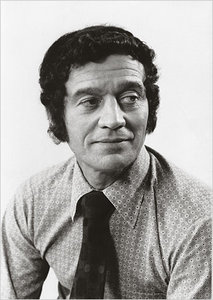A Quote by H. L. Mencken
Every reader of the Dreiser novels must cherish astounding specimens--of awkward, platitudinous marginalia, of whole scenes spoiled by bad writing, of phrases as brackish as so many lumps of sodium hyposulphite.
Related Quotes
So . . . middle school? Awkward.Having a hobby that's different from everyone else's? Awkward. Singing the national anthem on weekends instead of going to sleepovers? More awkward. Braces? Awkward. Gain a lot of weight before you hit the growth spurt? Awkward. Frizzy hair, don't embrace the curls yet? Awkward. Try to straighten it? Awkward!So many phases!
Writing is linear and sequential; Sentence B must follow Sentence A, and Sentence C must follow Sentence B, and eventually you get to Sentence Z. The hard part of writing isn't the writing; it's the thinking. You can solve most of your writing problems if you stop after every sentence and ask: What does the reader need to know next?
Good writing, and this is especially important in a subject such as economics, must also involve the reader in the matter at hand. It is not enough to explain. The images that are in the mind of the writer must be made to reappear in the mind of the reader, and it is the absence of this ability that causes much economic writing to be condemned, quite properly, as abstract.
How often I have tried to tell writing students that the first thing a writer must do is love the reader and wish the reader well. The writer must trust the reader to be at least as intelligent as he is. Only in such well wishing and trust, only when the writer feels he is writing a letter to a good friend, only then will the magic happen.
Way back in 1989, I got lucky with my first published story when it was selected for the Journey Prize anthology. Then I got lucky three more times. It is astounding to see how many writers published in the anthology have gone on to publish great story collections and novels. The anthology is a windfall for both writer and reader.
Yes, but another writer I read in high school who just knocked me out was Theodore Dreiser. I read An American Tragedy all in one weekend and couldn't put it down - I locked myself in my room. Now that was antithetical to every other book I was reading at the time because Dreiser really had no style, but it was powerful.
Reading, therefore, is a co-production between writer and reader. The simplicity of this tool is astounding. So little, yet out of it whole worlds, eras, characters, continents, people never encountered before, people you wouldn’t care to sit next to in a train, people that don’t exist, places you’ve never visited, enigmatic fates, all come to life in the mind, painted into existence by the reader’s creative powers. In this way the creativity of the writer calls up the creativity of the reader. Reading is never passive.






































